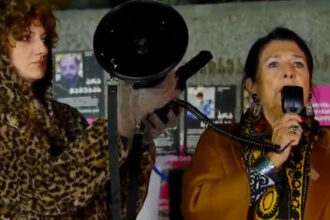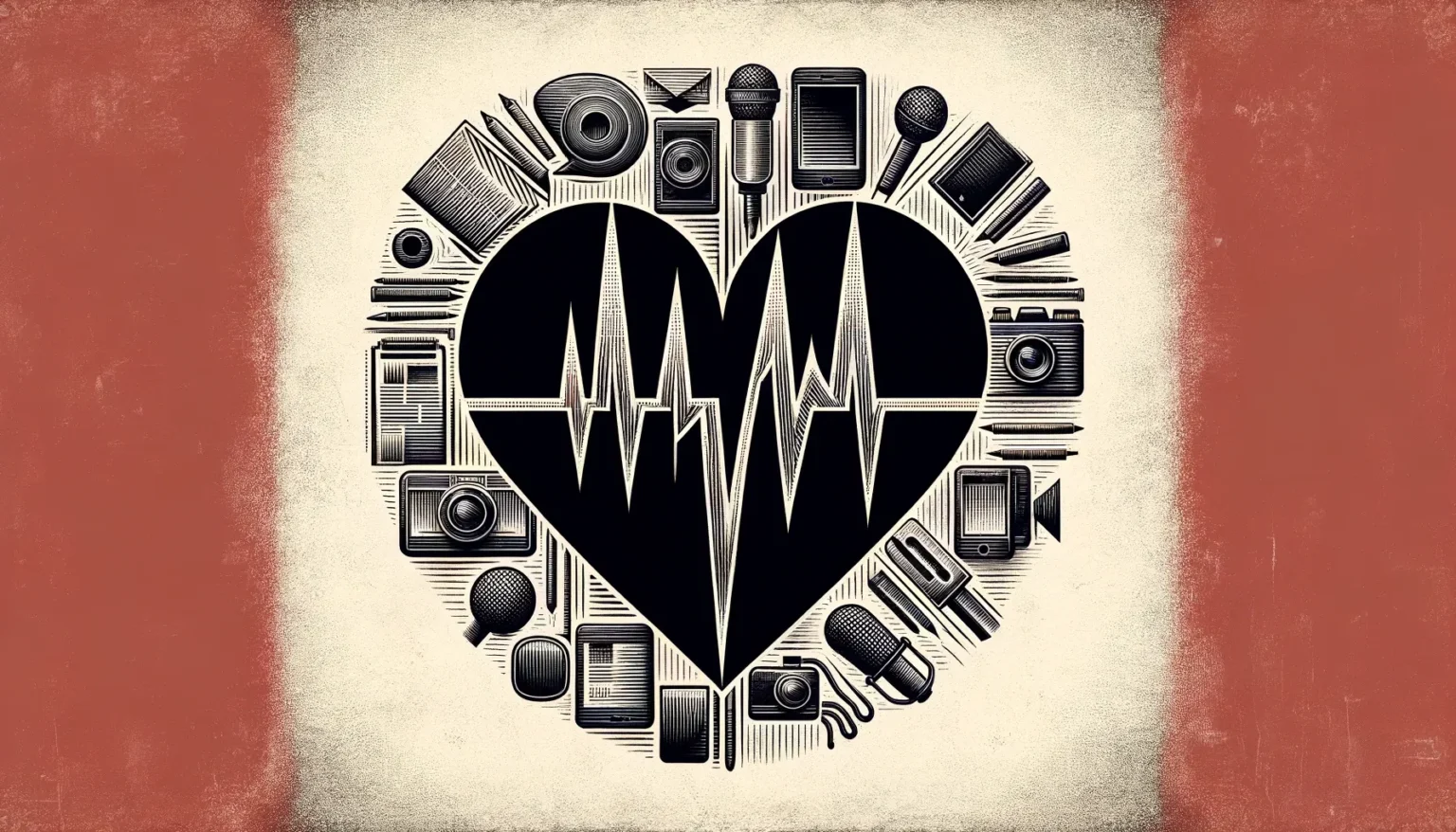**Thousands Protest Outside Georgian Parliament**
For the sixth night in a row, thousands of people are gathered outside the parliament building in Tbilisi. They are protesting against the government’s decision to suspend EU negotiations. The protesters have been met with violence from riot police, special forces, and unidentified masked individuals. Tear gas, water cannons, and other special means have been used to disperse the crowd.
**Police Crackdown on Protesters**
Reports indicate that nearly all detainees experience physical abuse, with some being severely beaten. Despite this, the Interior Ministry claims that their response has met “higher standards than those seen in Europe and the U.S.”
**International Reaction**
The Georgian Foreign Ministry summoned ambassadors from Lithuania, Estonia, and Latvia after they decided to sanction the ruling party‘s founder and officials of the Interior Ministry. The ambassadors expressed concern over the government’s actions.
The US State Department condemned the “excessive use of force” by police during the dispersal of the rallies. They also called on all parties to ensure that the protests remain peaceful. The UN High Commissioner for Human Rights, Volker Türk, urged the Georgian authorities to respect and protect the rights to freedom of expression and peaceful assembly.
**Diplomatic Fallout**
Georgia‘s Ambassador to the Czech Republic, Tea Maisuradze, resigned in protest over the government’s decision to halt EU membership talks. This is not the first resignation – several other ambassadors have stepped down due to the government’s recent shift in foreign policy.
The OSCE Parliamentary Assembly‘s Special Representative on the South Caucasus expressed concern over recent protests and clashes in Georgia, calling for dialogue, restraint, and respect for fundamental freedoms.




